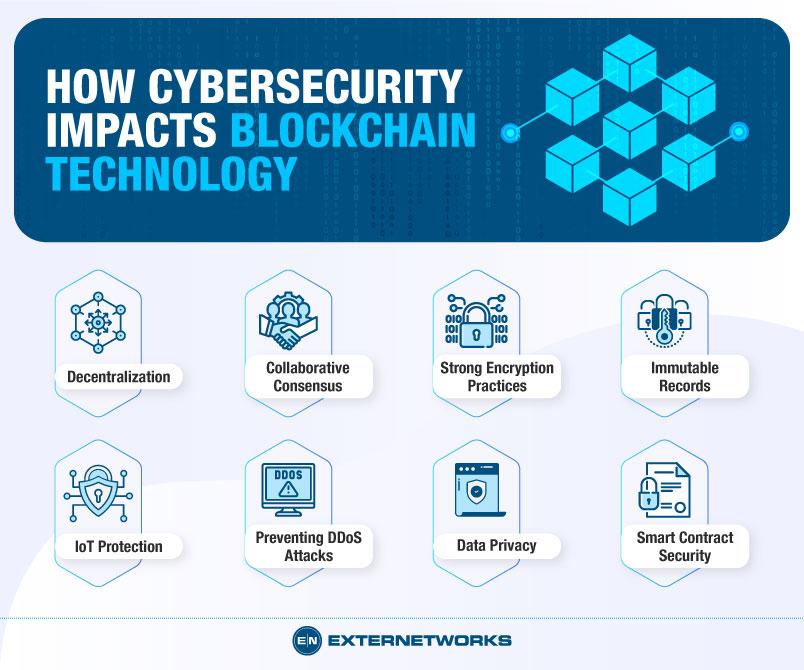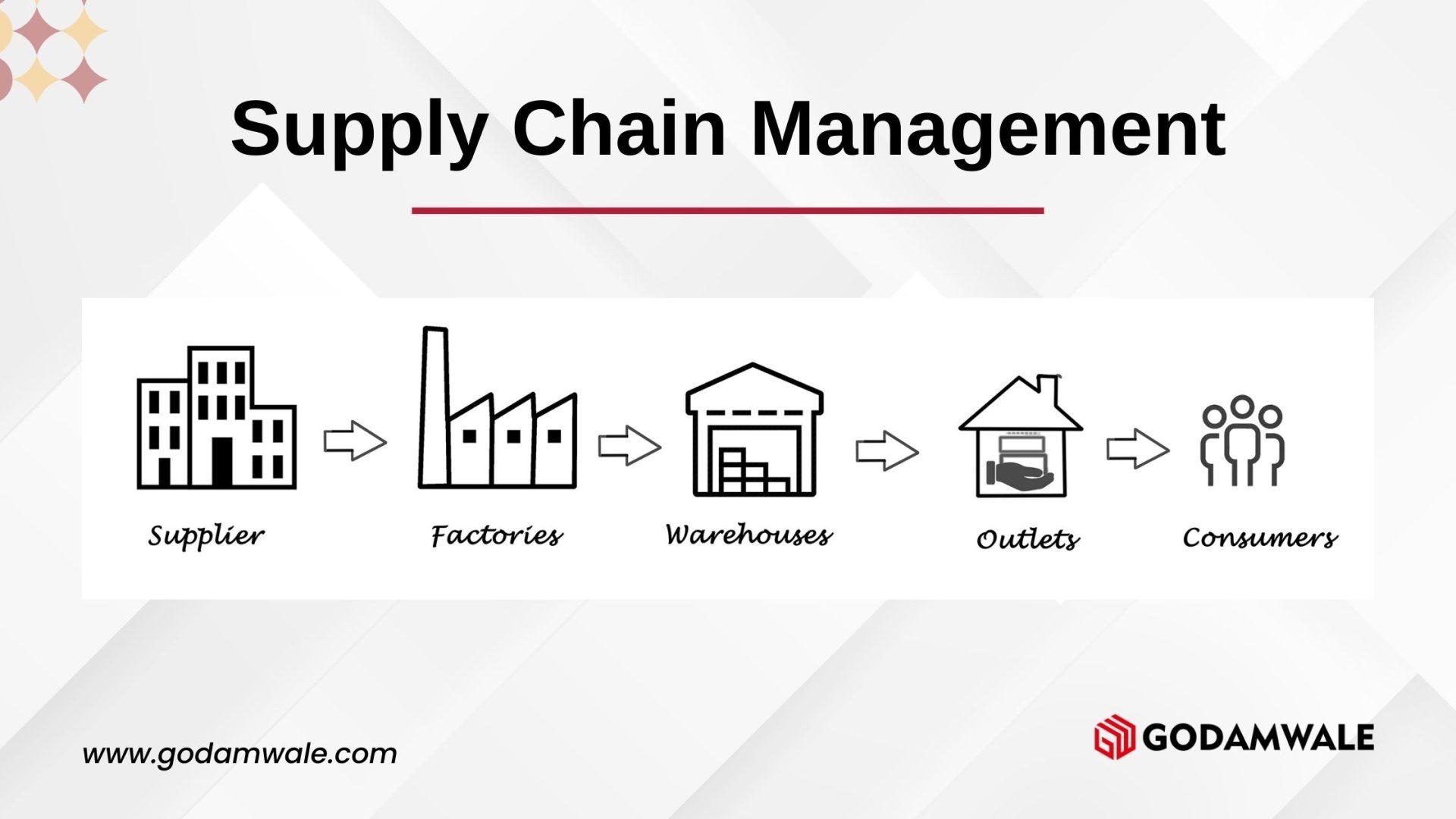In an age where transparency and efficiency are paramount, the intricacies of supply chains have come under increasing scrutiny. The traditional pathways that goods travel—from raw materials to retail shelves—often hide inefficiencies and vulnerabilities that can disrupt operations and erode trust. Enter blockchain technology: a revolutionary tool poised to transform the landscape of supply chain management. By offering an immutable ledger and enhanced traceability, blockchain promises not only to streamline processes but also to foster a new era of accountability and collaboration among stakeholders. In this article, we will explore the nuances of blockchain’s role in unlocking the full potential of supply chains, examining its features, benefits, and the challenges that lie ahead as industries strive to embrace this disruptive innovation. Join us as we delve into the fascinating intersection of technology and logistics, uncovering how the blockchain revolution is set to reshape the way businesses operate and consumers engage with products around the globe.
Navigating Transparency: How Blockchain Ensures Traceability in Supply Chains
In today’s fast-paced global economy, ensuring the authenticity and quality of products has never been more critical for businesses and consumers alike. Blockchain technology emerges as a powerful tool to enhance visibility within supply chains by creating an immutable ledger of transactions. Each participant in the supply chain—from manufacturers to retailers—can upload real-time data that is accessible to all authorized parties. This collaborative effort fosters accountability and trust, as stakeholders can trace the origin of goods, verify certifications, and track every movement along the supply chain. Key benefits of blockchain in enhancing transparency include:
- Immutable Records: Once data is entered, it cannot be altered, ensuring that records remain accurate and reliable.
- Real-Time Updates: Information can be updated in real-time, providing stakeholders with immediate access to product status.
- Smart Contracts: Automate and enforce agreements, thus minimizing disputes and enhancing efficiency throughout the supply chain.
Through the implementation of blockchain, companies can unlock a new level of traceability that was previously unattainable. Consider the potential of tracking food products from farm to table. With blockchain, consumers can easily verify the source of their food, ensuring it meets safety standards and ethical practices. This level of transparency not only builds consumer trust but also empowers businesses to respond swiftly to issues such as recalls or fraud. Furthermore, the integration of blockchain can facilitate sustainability efforts by enabling companies to showcase their commitment to ethical sourcing and decreasing their environmental footprint. Below is a comparison of traditional traceability methods versus blockchain-enhanced traceability:
| Traditional Methods | Blockchain Enhanced |
|---|---|
| Paper-based records prone to errors | Immutable digital ledger with full accuracy |
| Limited visibility causing delays | Real-time updates for immediate access |
| Low accountability among stakeholders | Increased accountability through shared data |

Empowering Stakeholders: The Role of Smart Contracts in Streamlining Processes
Smart contracts are revolutionizing the way stakeholders interact within supply chains by automating and securing transactions. By embedding protocols directly into the blockchain, these self-executing contracts minimize the need for intermediaries, leading to faster processing times and reduced errors. Benefits for stakeholders include:
- Increased Transparency: Every transaction is recorded on a public ledger, providing all parties with real-time visibility.
- Enhanced Security: Cryptographic hashes ensure that contract terms cannot be tampered with once executed.
- Cost Efficiency: Reduction in administrative overhead frees up resources for other critical areas.
Moreover, smart contracts foster a collaborative environment where trust is built through code rather than reliance on third-party verification. Stakeholders can program specific conditions into these contracts, automatically triggering actions based on real-time data. To illustrate this impact, consider the following:
| Stakeholder | Automated Task | Result |
|---|---|---|
| Supplier | Trigger payment upon delivery confirmation | Immediate compensation |
| Manufacturer | Order restock when inventory falls below a threshold | Uninterrupted production |
| Retailer | Update availability status post sale | Enhanced customer trust |

Mitigating Risks: Blockchains Potential to Enhance Security and Trust
In today’s interconnected world, the integrity of data is paramount, especially within supply chains that span multiple stakeholders. By utilizing blockchain technology, businesses can ensure that every transaction is securely encrypted and recorded in an immutable ledger that is accessible to authorized parties only. This transparency helps in establishing trust among partners, as every participant can verify the authenticity of transactions without the risks associated with traditional document sharing. Key benefits of incorporating blockchain into supply chains include:
- Enhanced Transparency: All parties can view the same information, reducing misunderstandings.
- Increased Accountability: Every action is logged, making it easier to trace back any discrepancies.
- Fraud Reduction: Trust is built through a secure network that prevents unauthorized modifications.
Furthermore, smart contracts—self-executing contracts with the terms of the agreement directly written into code—can automate processes, thereby reducing human error and enhancing operational efficiency. By programming automatic triggers for various supply chain events, such as payments upon delivery confirmations, stakeholders can significantly reduce delays and disputes. A recent analysis of companies adopting these technologies illustrates their transformative impact:
| Company | Blockchain Adoption Benefits |
|---|---|
| Company A | 50% Reduction in Fraud |
| Company B | 30% Decreased Operational Costs |
| Company C | 40% Faster Transactions |

Future Proofing Logistics: Steps for Integrating Blockchain Solutions in Supply Chain Management
Integrating blockchain solutions into supply chain management is not just a trend; it’s a crucial strategy for future-proofing logistics in a rapidly evolving marketplace. To embark on this transformative journey, organizations must prioritize a holistic approach that encompasses key areas such as collaboration, technology adoption, and regulatory compliance. By fostering partnerships with blockchain technology providers and engaging stakeholders across the supply chain, companies can facilitate a smoother transition. A dedicated task force should be established to oversee the implementation process, ensuring that all parties are aligned and adding value at every step.
Moreover, investing in education and training programs for employees is vital to harness the full potential of blockchain. As workers gain familiarity with the technology, they will be better equipped to leverage its benefits, such as enhanced transparency, real-time tracking, and improved security. Regularly assessing the blockchain ecosystem and remaining adaptable to technological advancements will keep businesses competitive. To guide companies in their integration efforts, here is a simple table outlining essential steps:
| Step | Description |
|---|---|
| Identify Use Cases | Determine specific areas within the supply chain where blockchain can deliver value. |
| Choose a Blockchain Platform | Select an appropriate blockchain solution tailored to the organization’s needs. |
| Engage Stakeholders | Collaborate with suppliers, distributors, and customers to ensure alignment. |
| Implement Pilot Projects | Test the blockchain solution on a small scale before full deployment. |
| Monitor & Optimize | Continuously assess performance and make necessary adjustments for improvement. |
In Summary
As we stand on the brink of a new era in supply chain management, the promise of blockchain technology offers a compelling view of streamlined processes and enhanced transparency. The journey to unlock supply chains is not without its challenges, yet the potential benefits of this digital revolution are undeniable. By embracing blockchain, businesses can foster trust and resilience in their operations, ultimately shaping a more efficient, accountable, and interconnected global economy.
As we move forward, the convergence of technology and traditional practices will pave the way for innovative solutions to age-old problems. The possibilities are as vast as the networks they seek to enhance. In the ever-evolving landscape of supply chains, staying informed and adaptable will be key.
With each block added, we are not just building secure transactions; we’re constructing the future of commerce. The revolution is here—let us navigate its pathways together.



